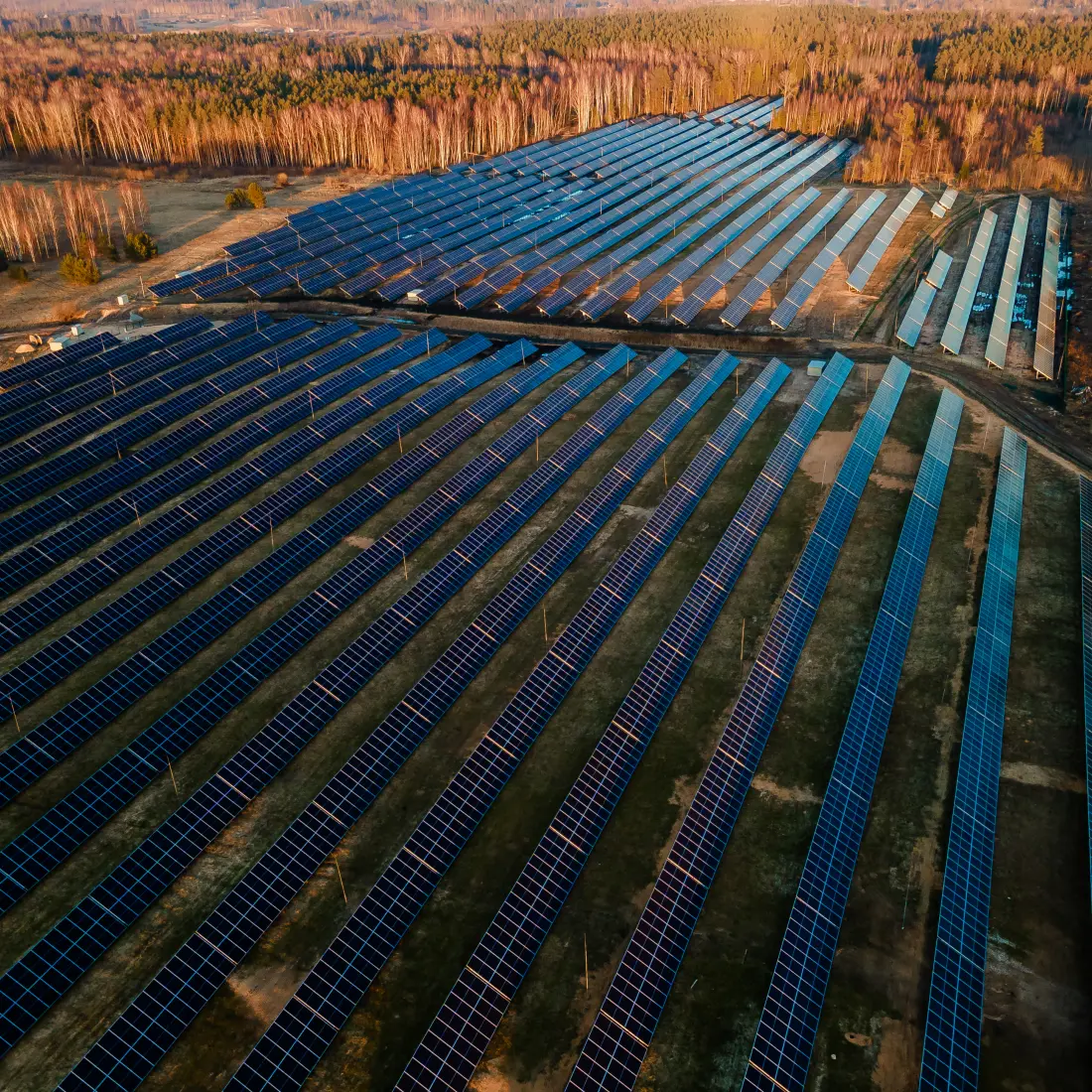Solar lease vs. buy: which is better?


Homeowners and business owners have two options if they want to invest in renewable energy: they can purchase and install solar panels or they can enter into a solar lease agreement. Though many people are familiar with the concept of buying solar panels, they might not realize that leasing is an option. With this choice, you lease the equipment from a company and enjoy the same benefits as if you owned the panels outright.
Both of these options come with pros and cons. Learn more about leasing versus buying so you can make an informed decision.
What is solar leasing?
Solar leasing is when a third party provides a photovoltaic (PV) system for your home or business. You will pay the company a monthly fee for their equipment and can use the panels for a set period — usually between 15 to 20 years. The lessor installs the solar panels, is responsible for their upkeep, and will replace them if they break before the lease is up. In exchange, the lessee pays a monthly fee to use them. The lessee also gets any financial benefits from generating solar power, like reduced electricity bills and potential bill credits.
Pros of solar leasing
There are several benefits of choosing solar leasing over the outright purchase of solar panels. Here are a few reasons why people choose this option.
No upfront costs
Homeowners who want to buy their solar panels need to calculate the cost of the project. However, this is unnecessary when leasing. The solar company you work with will determine your solar needs and provide a monthly rate for you to pay. Instead of paying for a large solar project, you can simply start using the leased panels as soon as they are installed.
Leasing could be an excellent option for homeowners who don’t have a lot of money saved or who don’t want to spend their entire nest egg on solar panels.
Maintenance included
Leasing companies often cover the repairs and maintenance of your solar panel systems. This makes leasing more affordable because you won’t have to budget for these repairs in the long run. Not only will buying your own system have a higher upfront cost, but you will have additional repair costs throughout the lifespan of your panels.
No long-term commitment
Solar leases usually last between 15 to 20 years, which is less of a commitment than actually buying solar panels. Modern PV systems are designed to last 30 to 35 years as long as they are well-maintained. The shorter lease is often viewed as a lower-stress investment.
Cons of solar leasing
While there are plenty of benefits of solar leasing, this option does come with drawbacks. Here are a few reasons why this might not be the best fit.
Higher overall cost
Solar leasing doesn’t have a high upfront cost, but it’s more expensive over time. While you can pay off purchased panels within a few years, you will always have a monthly leasing bill. The company might also build contract escalations into the lease that increase your payments over time to keep up with inflation and other costs.
Limited control
Solar lessees also don’t get to choose the panels they receive. This isn’t ideal if you have specific preferences about the types of solar panels you want or brands you prefer. Lessees need to trust that the solar company purchases efficient, long-lasting panels that meet their needs.
What is solar ownership?
Solar ownership is when homeowners purchase solar panels, install them and maintain them. Homeowners can hire a solar company to install and maintain the panels, but the entire system belongs to them.
With solar ownership, the homeowner has full control over the use of the panels. They can decide when to stop using the panels if needed and control how quickly they pay off the equipment costs.
Pros of solar ownership
Many people prefer solar ownership over leasing. Here are a few reasons why this option is better for some homeowners and business owners.
Lower overall cost
Solar panels have a finite cost to own. It costs around $25,000 to install a solar panel system and homeowners can control how long it takes to pay off the panels. If you can pay off your panels in 10 years and they last for 30 years, then you can enjoy two decades of benefits without the costs. Someone who is leasing could make the same monthly payment for 10 years and still have another decade of payments.
While you will have to pay some repair and maintenance fees, your overall costs are much lower to own than to lease. This is why many people believe solar panels are worth the investment.
Increased property value
Installing solar panels can also help you grow your wealth by increasing your property value. Research shows homes with solar panels are valued at 4.1% higher than those without. In 2023, this translated to a median home value increase of $17,125.
Naturally, the condition of the panels will affect how they boost your home’s value. Worn-out panels might not drive as much value as new ones. However, many homeowners take comfort in knowing that this project can pay off if they install their panels now but decide to sell their homes in the near future.
Full control and customization
Buying your own panels also gives homeowners full control over the brand, style and placement of their solar systems. They can feel confident in the brands they choose and the efficiency of the models.
If you’re worried about researching solar panels and their placement, there are tools that can help. Site selection software can help you optimize the layout and placement of your panels for optimal energy production. The solar installation company you choose can also offer insights into their recommended placement and panel preferences.
Cons of solar ownership
Every home improvement project will have drawbacks as well as benefits. Here are a few common problems with solar panels that prevent people from making this ownership investment.
Initial cost
Solar panel installation projects can be expensive. Project costs range from $10,000 to $30,000. Many homeowners don’t have that money available for non-emergency home projects.
However, some solar installation companies offer payment plans. Homeowners can purchase solar panels and pay them off over five, 10 or even 20 years. Once the panels are paid off, with interest, the homeowners won’t have any additional payments other than repair and maintenance costs.
Responsibility for maintenance
Homeowners who purchase solar panels are entirely responsible for their maintenance and upkeep. This can increase the annual operating costs because of annual maintenance fees and solar panel insurance. Unexpected repairs can also be frustrating for homeowners. While insurance might cover damage caused by hail, it likely won’t cover a solar panel that wears out due to old age.
Solar panel degradation is a concern for many homeowners. They wear out over time and require additional repairs, just like other machines in your home. Planning for the obsolescence of solar panels can help homeowners determine how long they want to keep paying them off.
Limited warranties
If you are interested in purchasing solar panels, read the warranties that different companies offer. While some systems come with 25-year output warranties, they have restrictions to fulfill them. You may need to meet certain maintenance requirements to meet them or they might not cover labor.
Limited or confusing warranties can prevent homeowners from getting the protection they need from this expensive investment.
Leasing vs. buying solar panels: which is better?
Leasing or purchasing solar panels allows homeowners to reduce their dependency on the electric grid while supporting renewable energy efforts. The savings you enjoy on your utility bills can help cover your monthly leasing costs or solar panel payments. You might even save more each month with this investment if you eliminate your electricity bill entirely.
The answer to whether leasing or buying is better depends on the individual homeowner. Consider your current financial situation, energy needs, and long-term goals to determine whether buying or leasing is best for you. If you need a short-term plan with minimal startup costs, leasing could be better. However, if you have a long-term vision for your home, you may want to buy.
Any step is a positive change to support renewable resource investment and bring the world toward its clean energy future.